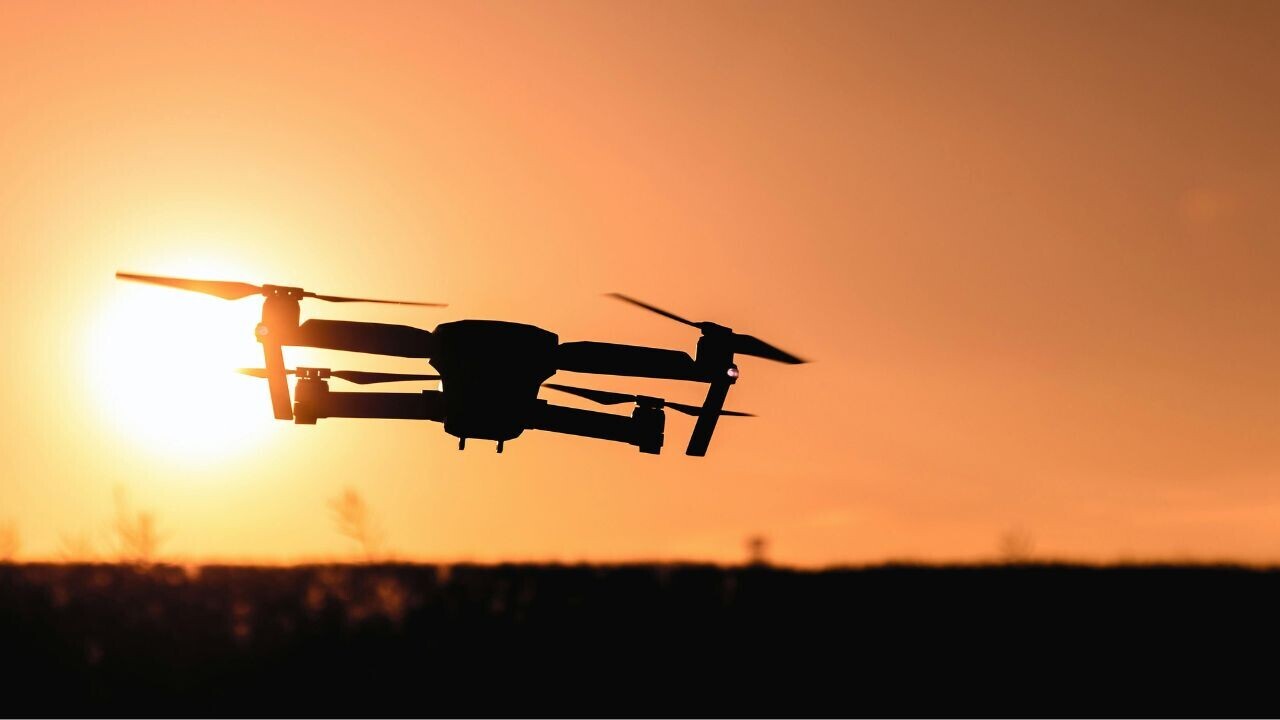The full-scale war has reshaped priorities for Ukraine's tech sector. Innovative military technologies and advanced defence solutions are not only essential for the country's security — they're also among the most promising vectors for business growth. Ukrainian defence tech is tested directly on the battlefield, under the most challenging conditions. These circumstances allow products to prove their effectiveness, attracting interest from international partners, investors, and allied countries looking to strengthen their own defence capabilities.
From my position at the heart of Ukraine's tech ecosystem, I've seen how quickly the sector has shifted towards defence — and how global attention is now focusing on our innovations.
The need to counter large-scale Russian aggression has sparked a technological boom in the defence tech sphere. Hundreds of young startups have emerged, attracting attention from both Ukrainian and international investors. Over 30 countries have already expressed interest in Ukrainian defence innovations, signalling strong export potential for homegrown technologies.
Since the beginning of the full-scale invasion in February 2022, Ukraine's drone industry has transformed from small volunteer initiatives into a structured and competitive sector. According to a report by DataDriven, drone production surged from 5,000 units in 2022 to 4,000,000 by the end of 2024 — an 800-fold increase. Today, the country has over 500 active drone manufacturers and more than 1,000 drone models, with 80% of the FPV drone segment controlled by four companies. Investments in the drone industry in 2024 exceeded $60mn, with seed rounds typically ranging from $1mn to $3mn.
Since launching in March 2023, the state defence technology cluster Brave1 has registered over 4,600 innovations from more than 2,100 developers. Its members work on strike systems, UAVs, ammunition, and advanced solutions for reconnaissance, cybersecurity, and demining. The cluster has issued more than 600 grants totalling over $52.4mn, effectively acting as the largest “angel investor” for Ukrainian defence innovations. Technologies developed with Brave1 support, such as trench electronic warfare systems, interceptor drones, and logistical unmanned ground vehicles (UGVs), are already changing the course of the war. Brave1 also facilitates NATO-standard codification, battlefield testing, and integration into the Armed Forces.
Research by the Kyiv School of Economics and Brave1 shows that investments in Ukraine's defence tech sector grew from $5mn in 2023 to $50mn in 2024, with the average investment size rising from $500,000 to $1-3mn. The sector's profit margin is 25%, the highest globally — compared with 17% in NATO countries and 15% in the EU — underscoring the economic attractiveness of Ukrainian defence tech.
Ukraine's rapid rise as a global defence tech powerhouse is not happening in isolation. Key innovations and successful startups need platforms to showcase their solutions, connect with investors, and scale globally. That's where IT Arena in Lviv — Ukraine's largest tech event — plays a crucial role.
This year, IT Arena will run from September 26 to 28, gathering over 6,000 participants from 30 countries. At the heart of the event is the Startup Competition, the country's flagship startup battle and the central stage for cutting-edge innovation — including in defence tech. Many of the defence solutions showcased at the event emerged during the full-scale war, as Ukrainian innovators responded to urgent battlefield needs. Recognising their significance, IT Arena introduced a dedicated defence tech category, giving startups a platform to present their projects, attract funding, and scale globally.
Contestants get a unique chance to connect with venture capital firms, business angels, and global investors — and bring Ukraine's battlefield-tested solutions to international markets.
For the third consecutive year, the 2025 Startup Competition participants will compete in two categories: general and defence, the latter focused on defence tech and cybersecurity. Defence tech remains the most competitive category, with 52 applications submitted, reflecting the growing importance of Ukraine's security-driven innovation. In total, 202 applications were received from both Ukrainian and international teams, including startups from Warsaw, Berlin, Tallinn, Kaunas, Minnesota, Boston, Dundee, and Hong Kong.
With such a diverse pool of participants, the Startup Competition has also become a major draw for investors. This year, its investment fund has reached a record-breaking $12.5mn, offering significant opportunities for startups to scale.
In 2024, participants raised over $2mn, demonstrating the event's power as a bridge between Ukrainian innovators and global investors. One standout example is Hard Cat Drones, a startup developing unmanned systems for river and maritime operations. Its kamikaze and reconnaissance drones, tested by the Armed Forces of Ukraine, attracted a strategic investment from Double Tap Investments after being showcased at IT Arena 2024.
The competition also draws a diverse roster of investors, from local funds to international VCs, all eager to back Ukraine's proven defence solutions. The average startup valuation is $5mn, with teams typically seeking $600,000 in investment to fuel growth.
Initiatives like IT Arena's Startup Competition show that Ukrainian tech is not just meeting the urgent demands of war — it can also lead the world in defence innovation.
